Explainer: Technology Ownership and the GMP
There are multiple options when it comes to technology ownership within the Google Marketing Platform (GMP). This explainer outlines what it means for brands in terms of laying out the ownership options, so you can make the right choice.
The GMP is Google’s online advertising and analytics technology, unifying everything under a single umbrella for ease of integration and usability. Understanding and making an informed decision on the best course of action for who owns this technology is a critical step to future-proofing your data.
When it comes to the GMP’s ‘Display & Video 360’ and ‘Search Ads 360’, there are three different ownership scenarios, listed below. This is also true of Google’s ad serving technology, Campaign Manager.
1. Brand-owned
The brand owns the technology, with a contract arranged directly with Google or Google’s reseller so they are invoiced directly. This relationship may lead to higher fees being charged. Full control, data-ownership and transparency is held by the brand, who can choose to grant their agency access in order to manage accounts.
2. Agency-owned, separate network
The agency holds the contract with Google or Google’s reseller and therefore owns the technology. They are directly invoiced by Google or Google’s reseller, with the relevant costs being passed on and invoiced to the brand. Agency contracts can generally take advantage of economies of scale as many accounts are run under one roof. This tech fee saving can be passed on to the brand, although some agencies may add a margin. In terms of setup, the agency has created separate networks per brand. If a brand chooses to leave the agency, they are able to arrange a Network Transfer Agreement (NTA) which will allow porting of the data and account structure. NTAs can only occur on the first of the month, with the porting arrangements often taking at least four weeks to arrange.
3. Agency-owned, aggregated network
Similar to the above, the agency owns the contract and technology, and invoicing comes directly from Google or Google’s reseller (with the costs being passed on to the brand by the agency). Again it is important to consider whether the economies of scale cost savings are benefiting the agency or the brand. The critical set up difference, however, is that the agency has built multiple brand accounts within a single network. If this is the case, a brand’s data is non-transferable; if a brand chooses to leave the agency, the account and all its data will be lost.
Option one (brand-owned) or option two (agency-owned, separate network) is highly recommended as it is in the best interest for the brand, giving full control, data-ownership, and transparency over their accounts. The technology fees are an additional negotiating factor.
The benefits of CONTROL
Decision-making is in the brand’s court, giving them final say over planning and measurement. They can define stakeholder access levels, and the degree to which user roles are broken down. For example, if there are global teams managing multiple sub-brands, this can be reflected in the account access levels and feature views. Having this level of control is great if the brand is looking for an audit of their account, as they can give access to the auditor without disrupting the status quo.
The benefits of DATA OWNERSHIP
Future-proofing the brand is so important, especially when data is currency. Being the owner of an account means authority over that data; whether it’s accessing first party data, historical performance through reports, or whether it’s porting to another Google reseller or agency. Similarly, given the strict privacy regulations in the industry, it minimises risk when importing data (e.g. CRM uploads) and retains accuracy and accountability in-house.
The benefits of TRANSPARENCY
The industry has a poor reputation when it comes to transparency. By owning the technology, brands can access the change history report to understand optimisation and output of their teams. Similarly, they can benefit from greater context around strategy and experimentation decisioning. There is also a more granular level of visibility when it comes to reporting and setup.
Overall, the ownership of a brand’s technology is an important consideration when starting out on Google’s Marketing Platform, whether running activity in-house, or working with a digital marketing agency. It is important to weigh up the pros and cons of ownership, the cost implications, and to understand the value now and in the future in relation to control, data-ownership and transparency.
Kinase Consultancy
Kinase offers bespoke consultancy services. Find out more here.
By Jess Maunder, Consultancy Director






